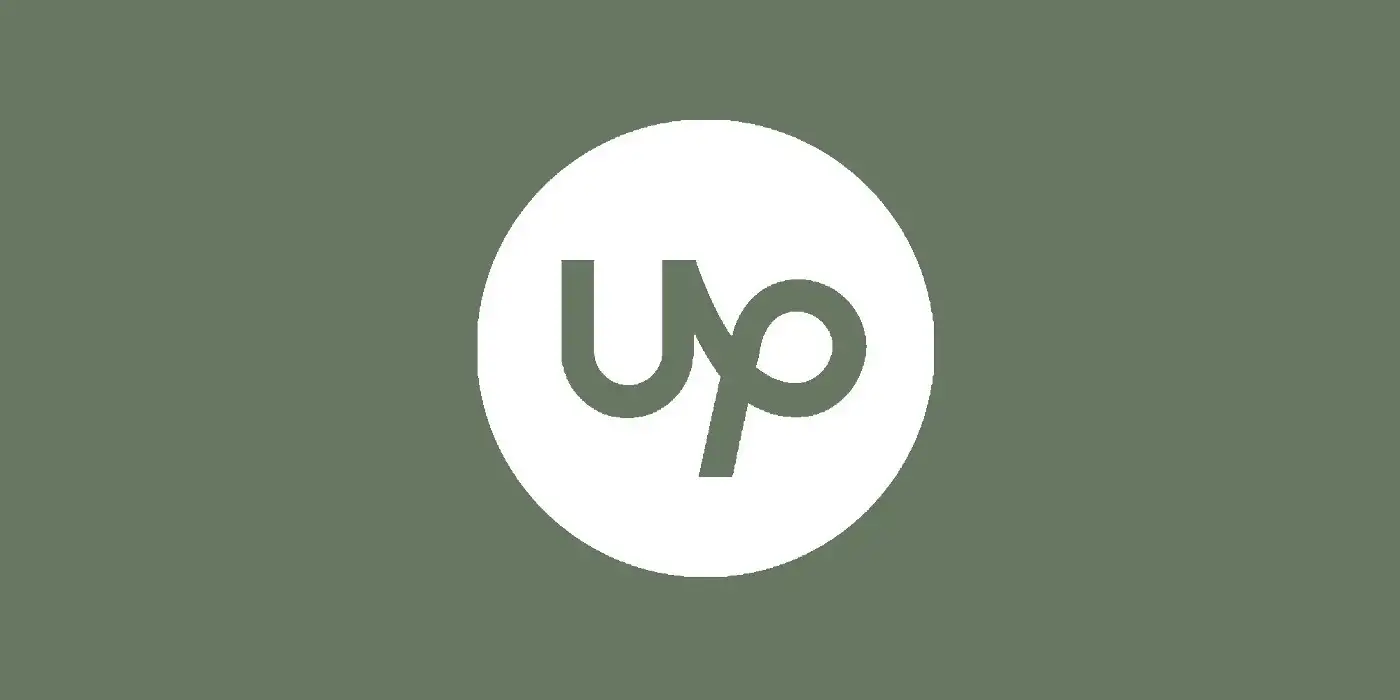
Who would have thought that writing a book would be a learning experience more than a teaching experience?
Not me.
I thought I had all the answers and all I had to do was organize them into chapters and do a bit of promotion.
Far from it. A year and a half after publishing The Unstoppable Freelancer, I am still learning from the experience.
Here are three takeaways. I hope they will help you look at writing from a different perspective and build a better relationship with your readers.
Make it personal, then make it more personal
On re-reading the book, many moments made me think “oh, this is about client X” or “this reminds me about the time I messed up Y and did Z to fix it”.
But, I didn’t always succeed in sharing this with the reader. I shared the occasional anecdote, but I could have done so much more.
When I was writing the book, the ideas were so self-evident to me that I didn’t think to illustrate all of them with real-life examples. It’s only after coming back to the book months later that I noticed this flaw.
Never skip an opportunity to give a personal touch to your writing. Genuine experiences make the content go down easier and stick with the reader long after they’ve forgotten all your fancy statistics and charts.
Make it timeless
Freelance platforms come and go. Programming languages come and go. Whole professions come and go. But what will never change is human psychology — how people make decisions, how they communicate, and how they judge others.
So, while many of the examples are from my Upwork experience, the underlying principles are universally applicable. That’s because they are not about gaming the Upwork system; they are about the fundamentals of communication, psychology, and negotiation.
I have, however, partially failed in conveying this universal value. Several readers have contacted me saying that the Upwork content is great and asked if I had any opinions on other prospecting methods.
I should have made it clearer that it’s not "Upwork content" — it’s freelancing content with Upwork examples.
Pre-build a focused audience
Who are your readers?
Most new writers can’t answer this seemingly simple question. You would be wise to find an answer before you publish your first book. I did this, to an extent, by writing here and on Twitter.
Writing, and then observing the reactions, is how you understand your readers.
However, it is not enough to send your writing to a couple of friends and relatives. You want a large sample size and you want honest feedback. That means you want strangers on the internet — as many as you can get.
With this in mind, it is advisable to start building an online audience (through social media, blogging, etc) well before you write a single chapter for your book.
This is another partial success on my part. I had a few thousand Twitter followers at that point, and I talked to them. The trouble is, I talked to them about a wide range of topics, and many weren’t related to the topic of my book.
Thus, the feedback was skewed, unorganized, and sometimes misleading.
Maintain the focus of your content at the expense of breadth and diversity, at least while writing your book.
It's all about the readers
I hope my experience can help you as an author. If there’s one thing you take away from this article, let it be this: you don’t know your readers until you get to know them.
P.S. This piece is about the content of the book. To read what I learned about self-publishing, click here. To learn about where to publish your book and why, click here.
Don't miss the next blog post!
I publish a new blog post every Wednesday. Join the newsletter to get:
- One valuable email a week.
- Zero spam.
- Exclusive content not found in the blog.
- Reply directly to me with questions or feedback.
Use the form at the bottom of this pageon the right to join the newsletter.


